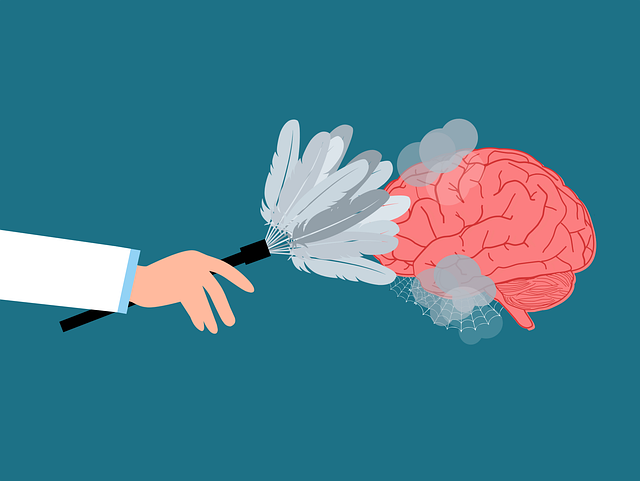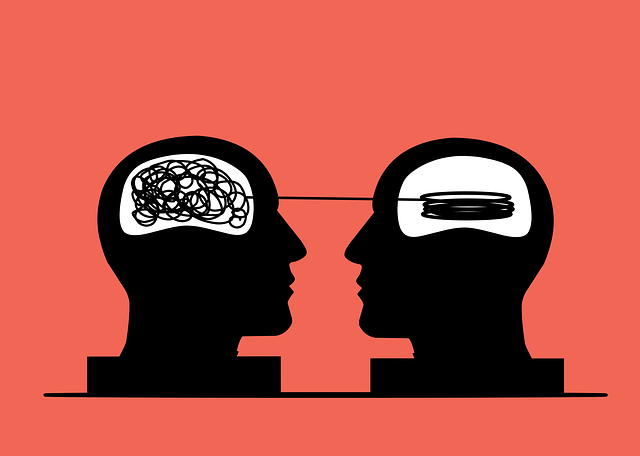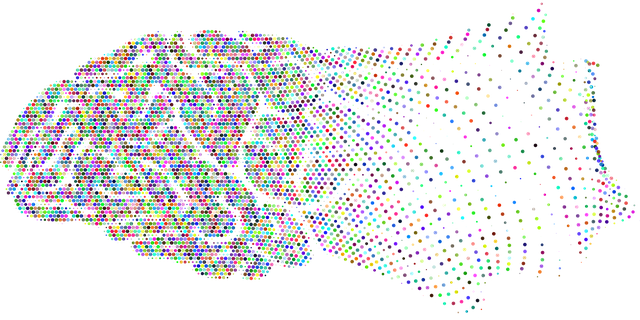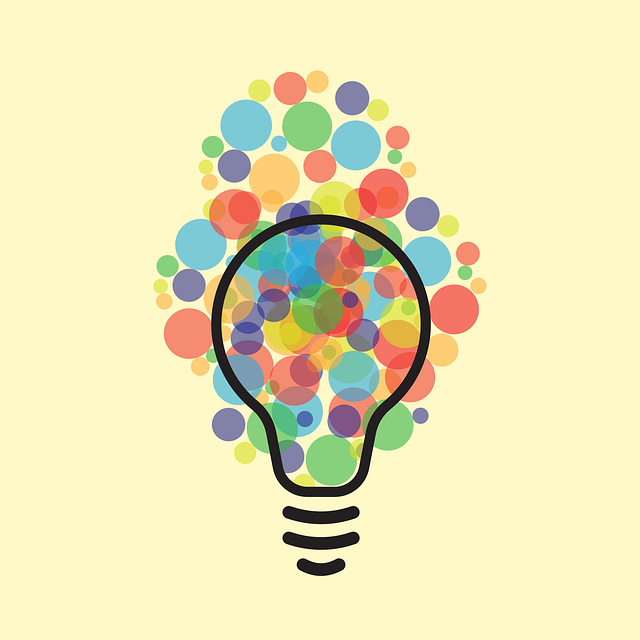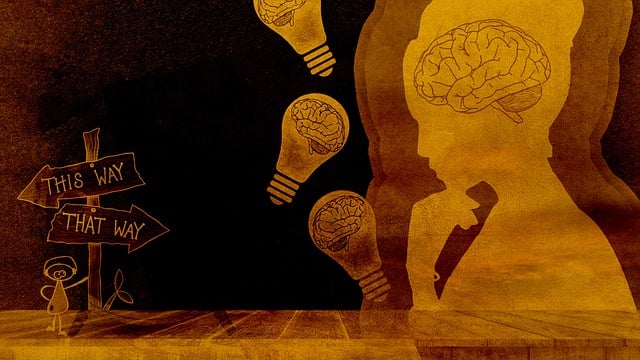Emotional intelligence (EI) is a powerful tool for positive human interaction and personal growth, especially beneficial for individuals with Oppositional Defiance Disorder (ODD). Boulder Oppositional Defiance Disorder Therapy focuses on enhancing EI through self-awareness, emotional regulation, and social skills development. Techniques like cognitive behavioral therapy (CBT) improve trigger identification, negative thought challenges, and adaptive coping. Healthcare providers' cultural competency training ensures tailored empathetic support. Combining professional guidance with daily strategies like mindfulness, physical activity, and self-care routines boosts mental health and fosters strong social connections, ultimately enhancing communication, relationships, and overall well-being.
Emotional intelligence (EQ) is a powerful tool for personal growth and effective communication. This article explores its significance, especially in managing challenging behaviors like Boulder Oppositional Defiance Disorder (BOD). We delve into how therapy can enhance EQ, offering strategies to navigate daily interactions with empathy and self-awareness. By understanding emotional cues and regulating responses, individuals with BOD can improve relationships and overall well-being. Discover practical tips to build resilience and foster positive connections through the lens of Boulder Oppositional Defiance Disorder therapy.
- Understanding Emotional Intelligence and its Significance
- Overcoming Boulder Oppositional Defiance Disorder (BOD) through Therapy: A Focus on EQ
- Strategies for Enhancing Emotional Intelligence in Daily Life
Understanding Emotional Intelligence and its Significance

Emotional intelligence (EI) is a crucial aspect of human interaction and well-being. It involves recognizing, understanding, and managing one’s own emotions, as well as empathizing with others. This concept has gained significant attention in various fields, including therapy and healthcare, due to its profound impact on personal growth and relationships. For individuals facing challenges like Oppositional Defiance Disorder (ODD), developing emotional intelligence can be a game-changer. Boulder Oppositional Defiance Disorder Therapy often incorporates strategies aimed at enhancing EI, teaching clients how to interpret and respond to their emotions and those of others in healthier ways.
The Mind Over Matter Principles emphasize the power of self-awareness and regulation as foundational components of EI development. Social Skills Training, another vital tool, helps individuals with ODD build a repertoire of appropriate responses, fostering better connections and understanding in social settings. Furthermore, Healthcare Provider Cultural Competency Training is essential to ensuring that professionals can offer empathetic support while navigating diverse emotional landscapes, catering to the unique needs of each client or patient.
Overcoming Boulder Oppositional Defiance Disorder (BOD) through Therapy: A Focus on EQ

Overcoming Boulder Oppositional Defiance Disorder (BOD) through therapy involves a strategic approach to enhancing emotional intelligence (EQ). BOD, characterized by frequent anger, argumentativeness, and defiance, can significantly impact a child’s relationships and overall mental wellness. Therapy focuses on teaching communication strategies that promote better understanding of emotions and how to express them healthily. By fostering EQ, individuals with BOD learn to manage their impulsiveness, improve problem-solving skills, and build stronger connections with others.
This therapeutic process empowers them to regulate their emotional responses, leading to enhanced self-control and improved interactions in various settings. Techniques such as cognitive behavioral therapy (CBT) are often employed to help individuals identify triggers, challenge negative thoughts, and develop more adaptive coping mechanisms. Ultimately, these efforts contribute to the promotion of emotional well-being, enabling them to navigate relationships more effectively and thrive in their personal and professional lives.
Strategies for Enhancing Emotional Intelligence in Daily Life

Building emotional intelligence (EI) is a multifaceted process that can be cultivated through various strategies in daily life. One effective approach involves seeking professional guidance, such as Boulder Oppositional Defiance Disorder Therapy, to help individuals understand and manage their emotions more effectively. This form of therapy not only teaches coping mechanisms but also enhances self-awareness and empathy towards others.
Incorporating emotional healing processes into your routine is another key strategy. This includes practicing mindfulness, engaging in regular physical activity, and adopting a consistent self-care routine for better mental health. Additionally, fostering strong social connections and actively listening to others can significantly boost EI. These practices contribute to better communication, stronger relationships, and improved overall well-being.
Emotional intelligence is a powerful tool for personal growth and relationship building, especially when navigating complex conditions like Boulder Oppositional Defiance Disorder (BOD). By focusing on enhancing emotional awareness and skills through therapy, individuals with BOD can improve their ability to understand and manage their emotions, as well as empathize with others. Integrating these strategies into daily life fosters healthier interactions and strengthens support systems, ultimately leading to greater well-being and improved quality of life.




